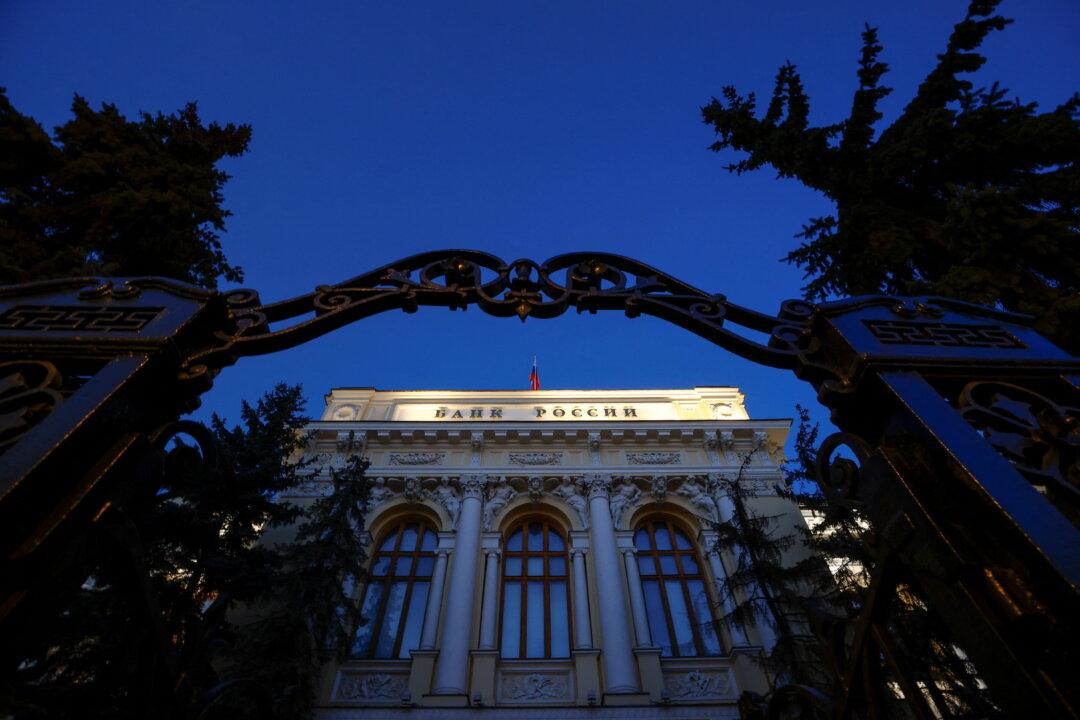Russia’s attack on Ukraine and the resulting international sanctions have triggered fears of a potential debt default by Moscow, something which economist William Jackson says is unlikely.
A Russian default will likely be “symbolic” and not have any significant consequences within Russia or elsewhere, Jackson, the chief emerging markets economist at Capital Economics, said in a note.





